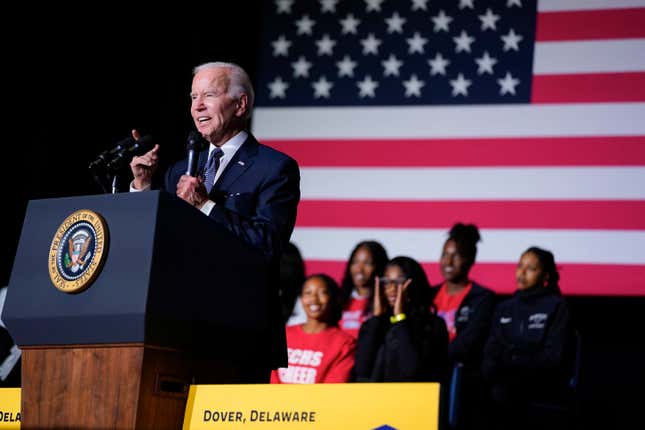
On Tuesday, two student-loan borrowers went to the Supreme Court in hopes of having the highest court in the nation block Biden’s relief plan. Noel Johnson and Frank Garrison—who are both from Indiana—want to stop the program altogether. The pair say it’s unlawful since they’ll be forced to pay more in taxes because the debt cancelation is regarded as taxable income under state law.
The issue was filed to Associate Justice Amy Coney Barrett, who deals with matters stemming from the 7th US Circuit Court of Appeals. Less than two weeks ago, Barrett threw out a similar case from a taxpayers’ group based in Wisconsin who also tried to block the program.
Biden’s student relief efforts will try to eliminate $10,000 for federal borrowers who make less than $125,000 and $20,000 for Pell Grant recipients making less than $125,000. However, Biden’s plan has not yet gone into effect because of a different legal battle.
The 8th US Circuit Court of Appeals put a temporary pause on distribution since six Republican-led states are currently challenging the plan. In other words, the Education Department can’t cancel any student debt for borrowers at the moment.
However, it still urges borrowers to apply for relief through the online application. In September, the Pacific Legal Foundation was the first major group to file a lawsuit against student loan aid. Frank Garrison — an attorney for the group — would have had $20,000 of his loan debt forgiven automatically.
Garrison used the Public Service Loan Forgiveness (PSLF) program to make payments. He was expected to qualify for full forgiveness in four years. Garrison said his debt would have been relieved automatically — and be taxed since Indiana plans on taxing it. Johnson has also made a similar argument. The Biden administration has insisted that they just opt out of it.

